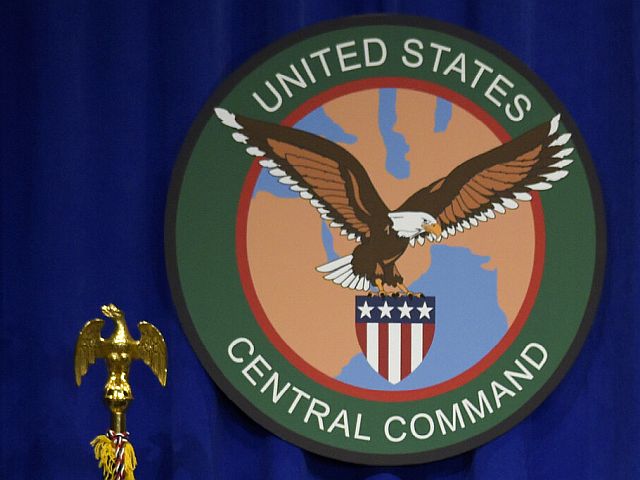On the nights of May 6 and May 7, Houthi terrorists backed by Iran launched three kamikaze UAVs and an anti-ship ballistic missile at targets in the Gulf of Aden. Fortunately, no warships or civilian vessels were damaged in the attack. Two UAVs were successfully intercepted, while one fell into the sea. The missile did not hit its intended target.
The incident serves as a reminder of the ongoing tensions in the region and the potential risks faced by maritime vessels. It highlights the importance of maintaining vigilance and readiness among naval forces to respond to threats effectively. The safety and security of shipping lanes and maritime activities are paramount concerns, and efforts must be made to deter and counter any hostile actions that could jeopardize them.
As the situation continues to evolve, coordination and cooperation among regional and international partners will be key in addressing security challenges in the Gulf of Aden and beyond. By working together to monitor, deter, and respond to threats effectively, maritime security can be upheld, and the freedom of navigation ensured for all vessels operating in the region.
The US Army Central Command (Centcom) stated that these weapons pose a significant threat to merchant vessels and US Navy ships alike. Centcom is taking steps to protect freedom of navigation and enhance safety in international waters. However, more needs to be done to address these threats.
The incident highlights how important it is for naval forces to stay vigilant against potential attacks from terrorist groups backed by rogue nations like Iran. It also underscores how crucial it is for international partners to work together to maintain peace in sensitive regions like the Gulf of Aden.
In conclusion, this attack serves as a stark reminder that tensions are still high in some parts of the world, particularly around shipping lanes where maritime activities are critical for global trade. To ensure safe passage for all vessels operating in these areas, coordination among regional partners is necessary.
As such, countries must work together to address these challenges through diplomatic means or military action if necessary. Only then can we hope for a safer future for our oceans’ shipping lanes while ensuring freedom of navigation remains intact for everyone involved in maritime activities worldwide.
